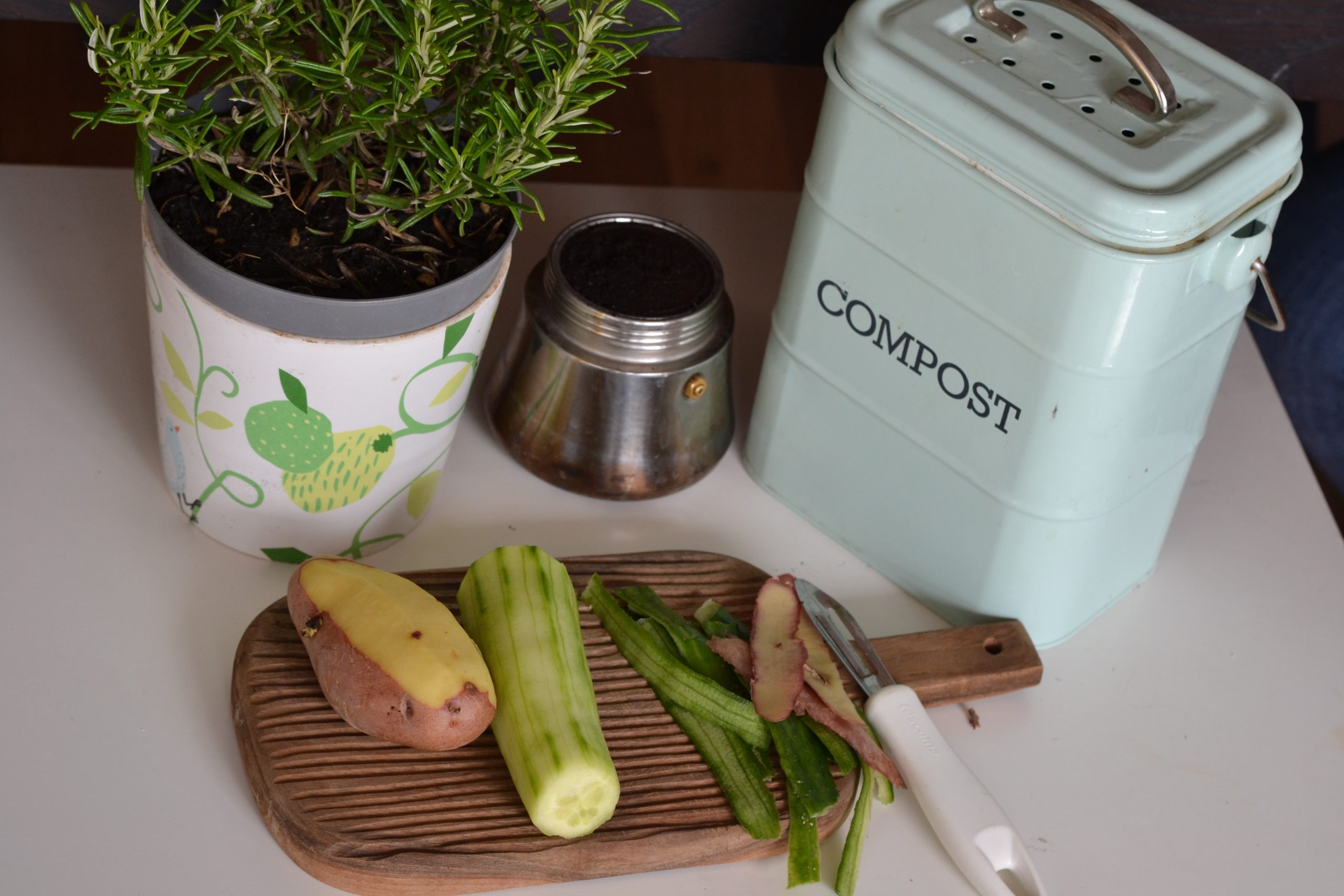
The Role of Technology In Reducing Food Waste and Promoting Sustainability
Food waste is a major global problem, with approximately 40% of all food produced going to waste each year.
This not only has significant economic and social costs, but also has serious environmental consequences, as food waste is a major contributor to greenhouse gas emissions. Fortunately, technology is starting to play a role in addressing this issue, by helping to reduce food waste and promote sustainability in the food industry.
Here are some of the technologies that are helping to combat food waste and promote sustainability.
Lab-Grown Meat
Cultured meat, also known as lab-grown meat, is produced by incubating animal cells in a lab environment. The cells are given time and nutrients to multiply until there is a sufficient quantity to produce a product that is completely similar to regular meat. Lab-grown meat can greatly reduce or even eliminate the ethical and environmental impacts of regular meat production because it requires less water and energy and eliminates the need to kill animals, rendering it a humane option. Companies such as Aleph Farms will become more common as this technology gains in popularity.
Smart Packaging
One way that technology is helping to reduce food waste is through the development of smart packaging. Smart packaging uses sensors, microchips, and other technology to monitor the quality and freshness of food. For example, some smart packaging can sense when food is beginning to spoil and can display this information on the packaging. This allows consumers to make more informed decisions about when to use or dispose of food, helping to reduce waste.

Food Tracking and Traceability
Another way that technology is helping to reduce food waste is through food tracking and traceability. This involves using technology to track the journey of food from farm (or lab) to table, allowing for the identification and prevention of food waste at all points in the supply chain. One example of food tracking technology is radio-frequency identification tags. RFID tags can be attached to food products to track the movement of these products through the supply chain. This can help to identify inefficiencies that may be contributing to food waste and prevent them from occurring in future productions.
Food Waste Diversion Apps
Another way that technology is helping to reduce food waste is through the use of food waste diversion apps. These apps connect excess food from restaurants, grocery stores, and other food establishments with organizations and individuals who are in need of high-qualty food. By facilitating the donation or affordable sale of excess food, these apps help to reduce food waste and provide quality meals at a good price.

Food waste is a huge global problem, but technology is starting to play a role in addressing this issue. From smart packaging to food tracking and traceability, to lab-grown meat and food waste diversion apps, there are many innovative technologies that are helping to reduce food waste and promote sustainability in the food industry. As humans struggle with climate change, worker exploitation, and population growth, these technologies will propel humanity into a sustainable food future.








